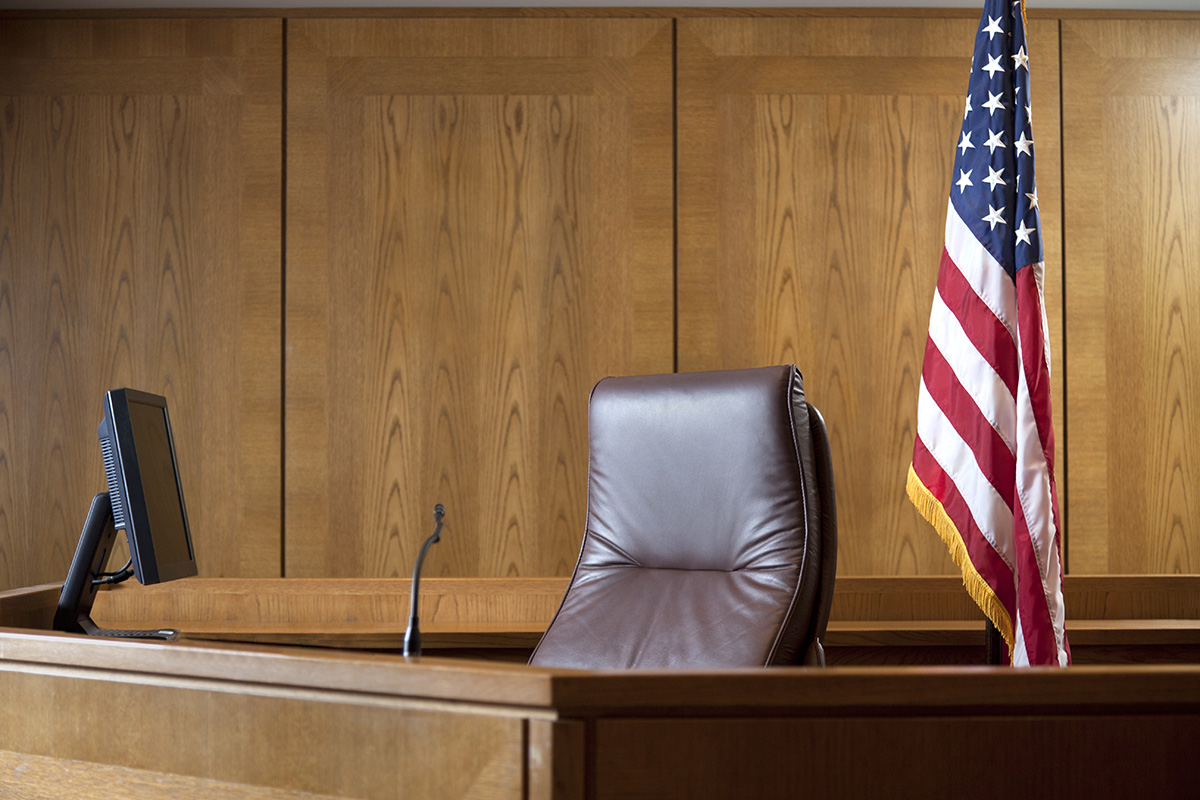When Expert Testimony is Too Little, Too Late

Due to the complexity of construction and the specialized knowledge required to determine the cause for alleged damages, construction litigation is driven in part by experts. An expert’s testimony is crucial as it assists the trier of fact in understanding the alleged defects or delays and the causation theories being advanced by parties. Because of the high deference that triers of fact give to expert testimony, related evidence is highly scrutinized and held to a very high standard.
In West Inland Energy, Inc. v. Rockwater Energy Solutions, Inc., the Eastland Court of Appeals reviewed a dismissal of a lawsuit in which West Inland Energy, Inc. (“West”) claimed that Rockwater Energy Solutions, Inc. (“Rockwater”) negligently administered a chemical treatment to a well owned and operated by West, causing it to stop producing oil. Rockwater filed a dispositive motion, claiming West could not produce evidence showing that the treatment proximately caused the well to stop producing. The trial court granted Rockwater’ s motion and West appealed.
In its appeal, West contended that the trial court erred in granting Rockwater’s motion for summary judgment because its expert witness, Matthew Reed, could purportedly testify, but never actually did, as to certain calculations that would show that the well stopped producing oil as a result of the chemical treatment Rockwater administered. Reed testified that he had not performed any of those calculations and that he would rely on a qualified expert to make such calculations.
The Eastland Court of Appeals, reviewing Reed’s opinions, determined that those opinions lacked any basis beyond mere conjecture and speculation. The Court found that Reed’s bare assertions did not rise above the level of speculation, and thus, his theories were not competent evidence to defeat Rockwater’s motion.
Further, The Court held that West failed to offer actual evidence in contravention of the dispositive motion. West’s response to Rockwater’s motion was that it could and intended to offer Reed’s calculations, but it did not actually do so. The Court reasoned that whatever Reed may have concluded had he performed such calculations was the equivalent of not offering any evidence at all. The Court found that because Reed’s assertions were purely hypothetical, it also failed to present a scintilla of evidence to controvert Rockwater’s dispositive motion.
When asking an expert to issue opinions, it is important to remember that those opinions may be challenged in court on variety of reasons. Among other items, an expert must perform due diligence and the premise opinions on facts in evidence. The expert should also offer actual opinions rather than claim that opinions may exist, but are not yet developed.
Our attorneys in our Dallas and Austin offices are available to answer any questions you may have about whether tour retained expert meets the legal test for admissibility and sufficiency. You may contact us at info@gstexlaw.com.
Legal Disclaimers
This blog is made available by Gerstle Snelson, LLP for educational purposes and to provide general information about the law, only. Neither this document nor the information contained in it is intended to constitute legal advice on any specific matter or of a general nature. Use of the blog does not create an attorney-client relationship with Gerstle Snelson, LLP where one does not already exist with the firm. This blog should not be used a substitute for competent legal advice from a licensed attorney.
©Gerstle Snelson, LLP 2021. All rights reserved. Any unauthorized reprint or use of this material is prohibited. No part of this blog may be reproduced or transmitted in any form or by any means, electronic or mechanical, including photocopying, recording, or by any information storage or retrieval system without the express written permission of Gerstle Snelson, LLP.

